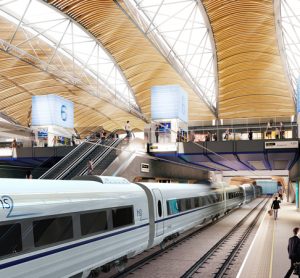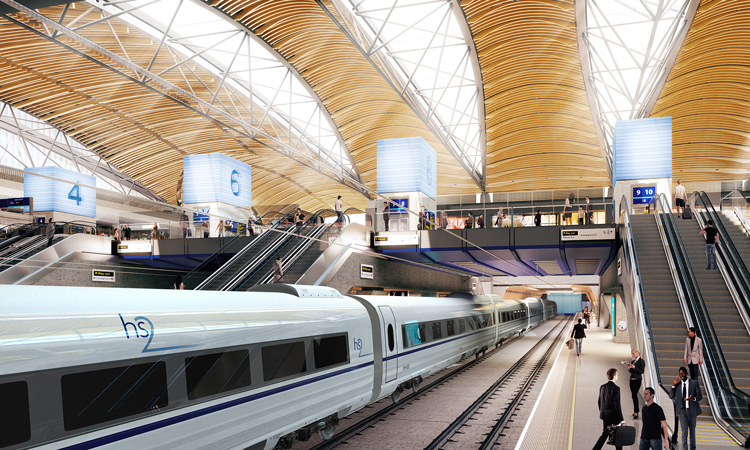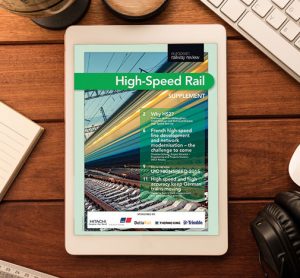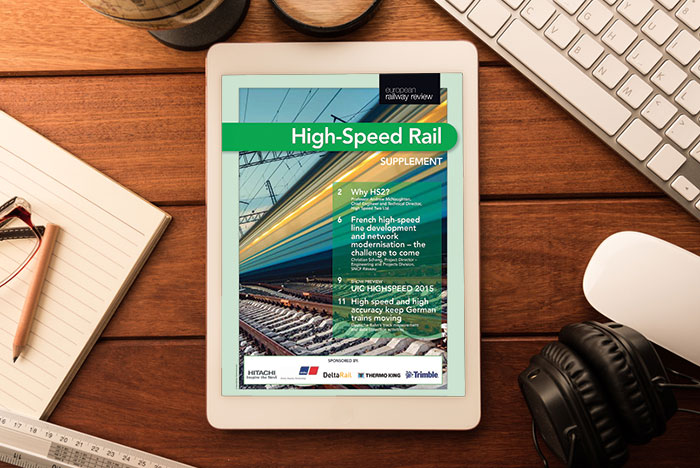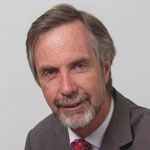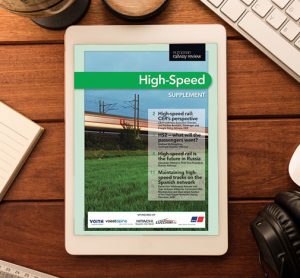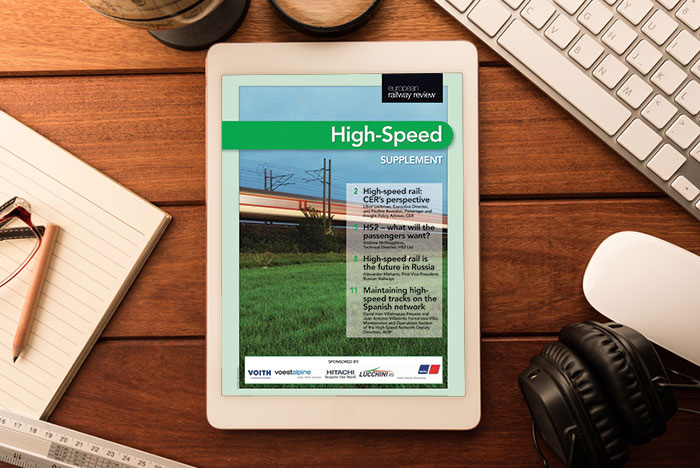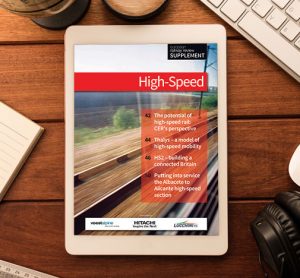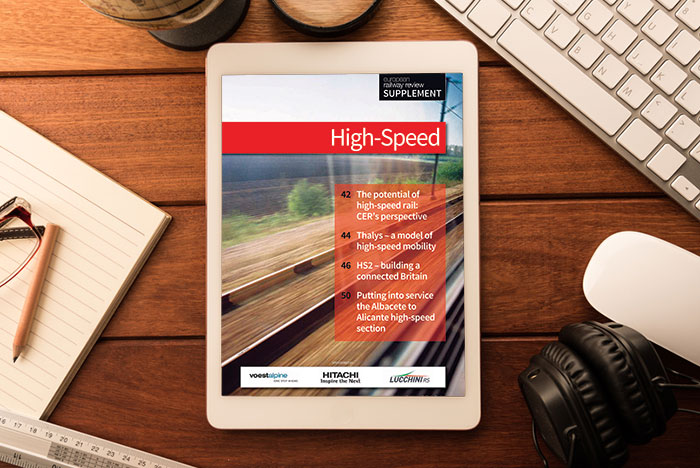article
Compare our European railway network today with that of 25…
27 November 2007 | By Professor Andrew McNaughton – FREng, CEng, FICE, FPWI, MIOD, Chief Engineer, Network Rail and Global Railway Review Editorial Board Member
Compare our European railway network today with that of 25 years ago. Safety and punctuality have continued to improve, however, traffic growth has been patchy and costs have risen enormously. Meanwhile there have been revolutionary changes in the communications and transport environment. Mobile phones, internet and e-mail didn’t exist 25…





